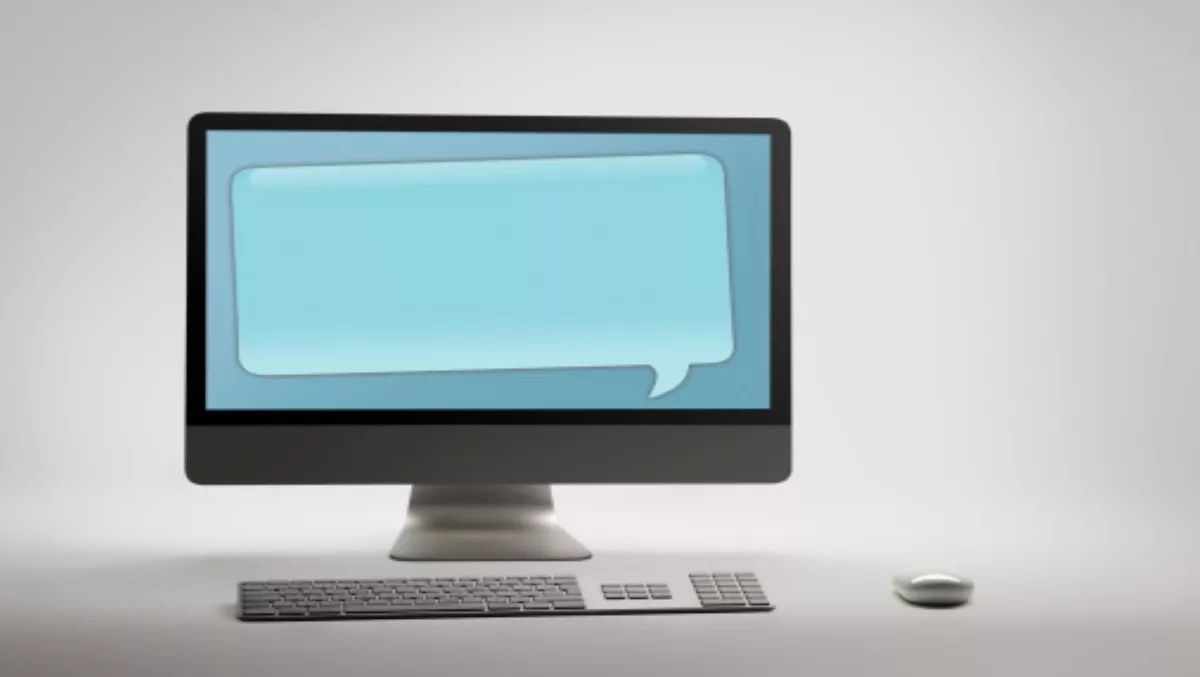
Technology to change teaching and learning
Businesses are always looking for the next big idea, the one thing that will revolutionise business, education or people's lives.
For AUT PhD student, John Graves, that big idea lies in the education sector and he believes his product, SlideSpeech, has the potential to flip current teaching norms on its head while also creating a Wikipedia for learning materials.
SlideSpeech, a programme that converts text to voice, was developed as part of Graves' PhD research. It works using the speaker notes section of modern presentation software programmes.
A class or tutorial, for example, is typed into the speaker notes and is then able to be 'read' aloud by a choice of computerised voices. It can then be uploaded to the web, viewed and listened to by potential students from around the world.
Graves says there are many uses for SlideSpeech in the education sector, one of which he sees as a Wikipedia for learning materials.
"The format allows the slides to be collaboratively created and improved over time, just like Wikipedia," he says.
What sets Graves' development apart is that it is in a format that both teachers and students can collaborate on. "It isn't static. Students and teachers can look up presentations and, if something isn't quite right, they can change it. Presentations can grow organically to meet required needs," says Graves.
These presentations can then be used in class or provided as homework for students to view in their own time, and at their own pace, with the addition of an assignment sheet.
Graves says the assignment sheet can be set up with a check box for students to tick when they have viewed a particular presentation and also allows teachers to track when a particular student has watched a particular presentation.
The SlideSpeech technology also has the potential to form the basis of what Graves' calls socially responsible learning.
"Currently students hand in an assignment, it is graded and then, most often, it ends up in the bin," he says. "However, instead of throwing these away students could be uploading their assignments, theoretically recycling their knowledge, for other learners online.
But that's not all Graves intends for SlideSpeech. Further ideas he has for developing the technology include Substitute Teacher, a website that provides learning materials when a teacher can't be in the classroom or when a student can't attend a class; and Better Dumb, which he suggests could give people a fun way to learn from mistakes online rather than in real life.
See www.slidespeech.com for further information on the technology behind the ideas that could revolutionise teaching and learning.

